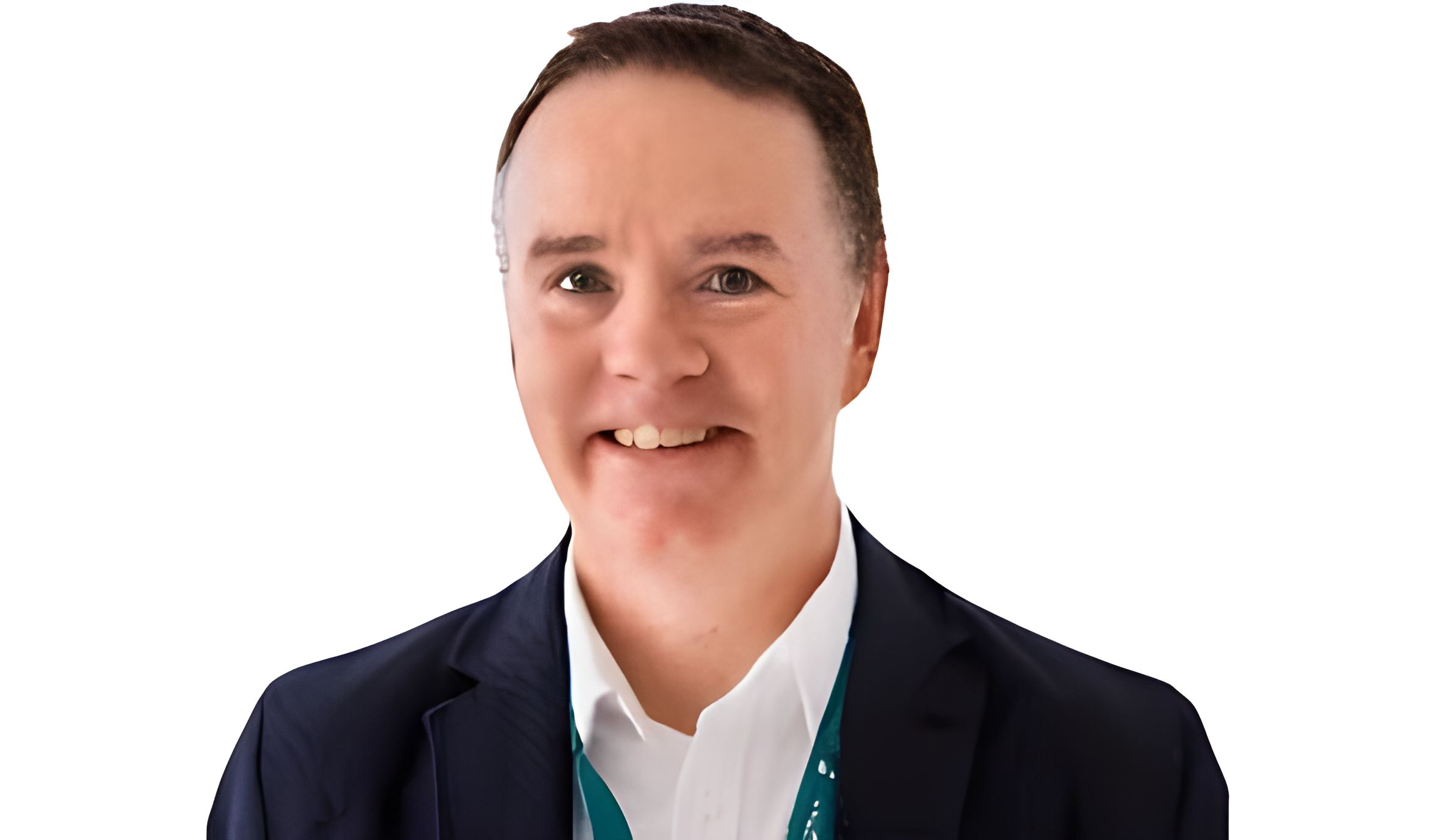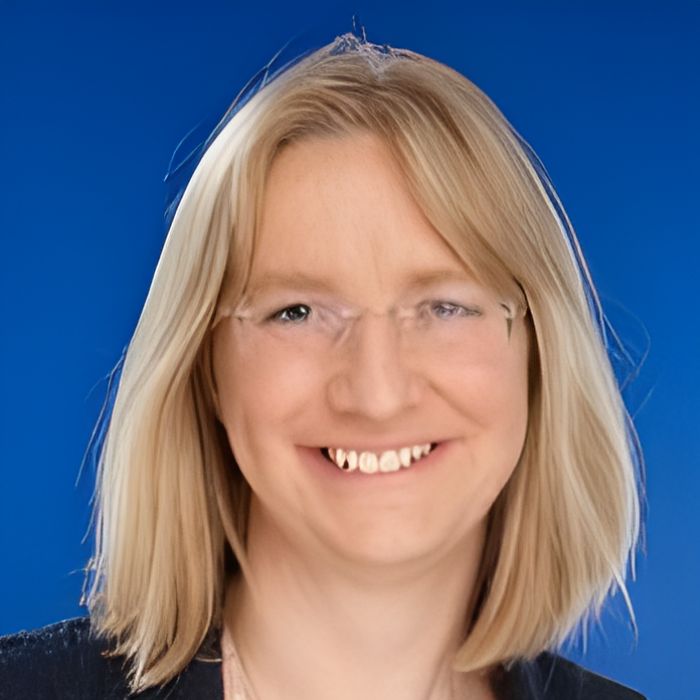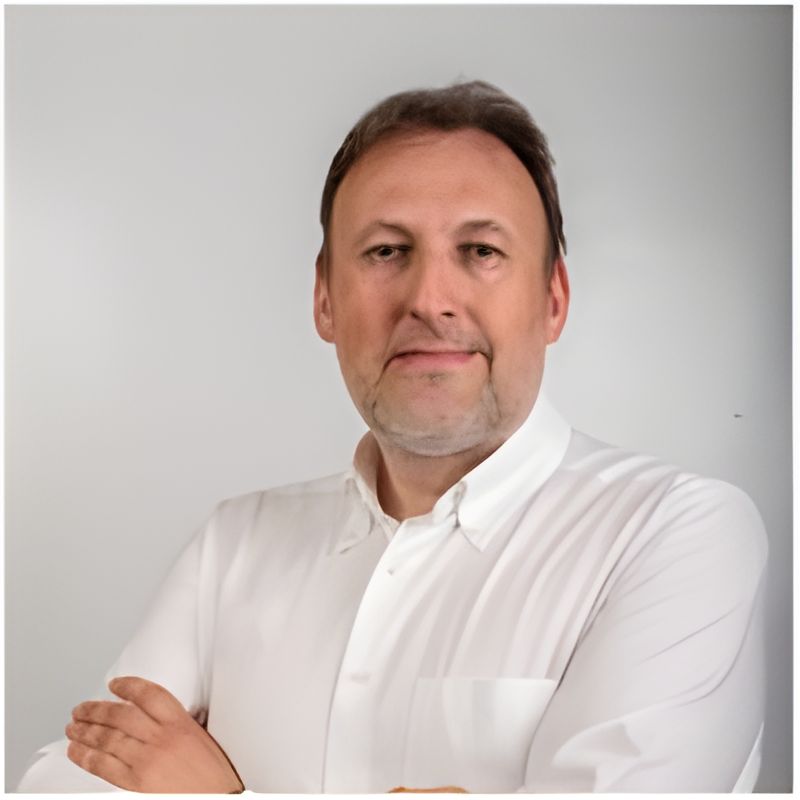17th
September
Neonatal Technologies
Chair: Natalia Szyperek, Children’s Memorial Health Institute (CMHI), Warsaw (Poland)
EPTRI is delighted to welcome you to our seventh webinar on Neonatal Technologies. Our 90 minute webinar will focus on the challenges and opportunities for the development and application of different technologies and medical devices to the neonatal population. We look forward to seeing you at our next exciting webinar event.
Speakers

Don Sharkey, School of Medicine - University of Notthingham, London, UK
Prof Sharkey is the Professor of Neonatal Medicine and Technologies at the University of Nottingham. His research portfolio focuses on the discovery, translation and application of neonatal technologies with specific interests in the reducing brain injury in high-risk infants. He has taken devices from concept, through the technology pipeline, and into clinical practice. He believes in multi-disciplinary collaboration and closely works with engineers, scientists and parents to co-develop devices that are designed specifically for the unique needs of high-risk newborns. He is the Neonatal Technologies theme lead at the NIHR HealthTech Research Centre for Paediatrics and Child Health, lead for research for the UK Neonatal Transport Group, Director of the Centre for Perinatal Research at the University of Nottingham, and a practising neonatologist at the Nottingham Children’s Hospital. Prof Sharkey is passionate about neonatal MedTech and the potential it can bring to the specialty and is always looking out for new discovery science that could perhaps be developed to enhance neonatal care and outcomes.

Kathryn Beardsall, Department of Paediatrics, University of Cambridge (UK)
Kathryn Beardsall is an Associate Professor in the Academic Department of Paediatrics University of Cambridge and Honorary Consultant Neonatologist at University of Cambridge Addenbrookes Hospital. Her research has evolved out of an interest in the physiology of glucose metabolism and adaptation in the newborn and now focusses in the areas of: i. glucose monitoring and management, ii. innovative methods of vital sign monitoring. Both aiming for a better understand of neonatal physiology as well as designing medtech that address the specific clinical needs of the newborn.
She was the first to show the potential of continuous glucose monitoring (CGM) in the preterm infant, leading to a number of international trials using CGM and the increasing use of CGM in the newborn. The challenges of using devices not designed for the newborn has driven a passion to ensure newborns do not miss out on the opportunities that innovations in medtech offer to other patients. Her research is driven by her clinical practice and the challenges of supporting newborns in intensive care. She works closely with families and patient groups and as part of a wide multidisciplinary team both clinical and engineering to ensure technologies are designed and developed to be easily integrated into clinical care.
As Paediatric lead for the East of England Clinical Research network she supports the multidisciplinary team to deliver research across the wider paediatric portfolio both in Cambridge and the East of England. She is co-theme lead for the mind and body workstream of the NIHR Health Tech research Centre in Paediatrics and child health.

Giuseppe Andreoni, Department of Design of the Politecnico di Milano, Milano (Italy)
The research activity conducted at the Politecnico di Milano mainly consists of the design of products, systems, environments and services for the health and well-being of people using Co-Design and User-Centred Design methods combined with Ergonomics. These methodological references allow the synergy between design and technology that are combined in innovative solutions from the technological point of view, of high affordance for the user and of considerable impact for the system where they are implemented. The main applications are health and medical devices both for monitoring and as assistive technologies for disability, sport and fitness, home and home automation with advanced IoT solutions.
He was Principal Investigator and coordinator of European Projects in the FP7 and H2020 Programmes and participates in several research programs funded by the European Community, and / or funded by other international and national public and private agencies or institutes.
From July 2019, he is a co-founder of Capsula s.r.l.: he is scientific advisor of the company that develops, produces and sells systems and services for the self-measurement a set of biomedical parameters for a medical assessment in hospital and/or wellness check-up in non-clinical settings.
He is co-author of 13 national and international patents, as well as more than 300 scientific publications mainly in international books and journals.
